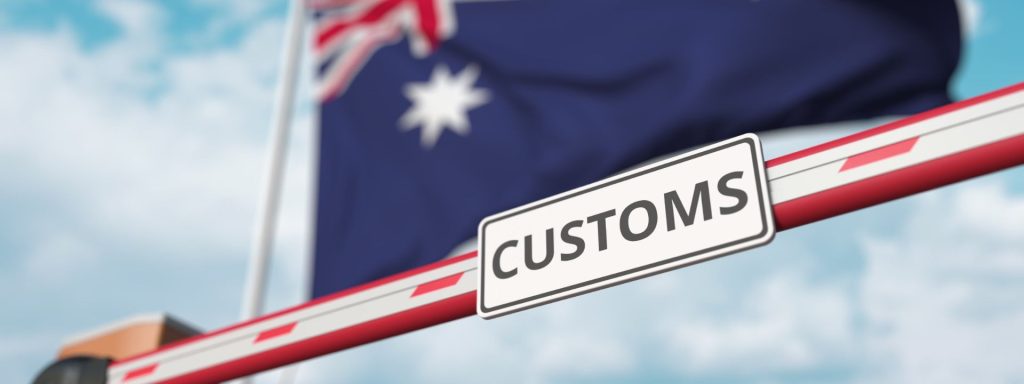
The pressure to tip hotel staff can be a significant concern for travelers. Understanding the cultural norms and expectations surrounding tipping is crucial for creating a positive experience while respecting personal budgets and customs. This article dives deep into the nuanced world of hotel tipping, exploring the customs, expectations, and how to navigate this often-complex situation. We’ll examine common scenarios, discuss service quality, and offer actionable advice for travelers worldwide. This thorough guide will cover the following sections: a breakdown of common cultural customs around tipping, how to assess service quality, strategies for tipping within a budget, and how to communicate effectively with staff.
Understanding Cultural Customs Around Tipping
Tipping Etiquette Across the Globe
Tipping practices vary significantly across the world. Some cultures have deeply ingrained traditions of tipping, while others view it as optional or even unnecessary. Understanding these cultural nuances is vital for creating a positive experience. In some cultures, tipping is expected and often included in bills or prices, whereas others have a more flexible standard, influenced by factors such as service quality and personal preferences. Consider the region and the country’s hospitality standards when deciding how much to tip.
Local Laws and Customs
Local laws and customs can further complicate the situation. Some countries may have laws concerning mandatory service charges or have a minimum wage mandate that might already be reflected in the pricing of the services. Therefore, understanding the local customs is critical to avoid any misunderstandings.
The function of Service Charges
Service charges are often included in the cost of services in certain regions. In these cases, the decision on additional tips often depends on the perceived quality of service, as it may be a supplement to an already substantial amount to offset the service charge.
Examples and Scenarios
Consider the varied scenarios where tipping might come into play. For instance, if a particular hotel offers specialized services such as concierge services or special requests, then an additional tip might be appropriate as a gesture of appreciation.
Determining Service Quality
Assessing service quality is an essential component of determining appropriate tipping amounts.
Assessing Service Quality
Factors Influencing Service Quality
Numerous factors influence the perceived quality of service offerd by hotel staff. These scope from attentiveness to the promptness of service and the level of engagement with guests. A polite greeting and prompt responses to requests are crucial indicators of high-quality service. Other factors include proactive assistance with requests, responsiveness to issues, and the overall level of professionalism displayed by the staff. Consider the staff’s engagement with guests, the promptness of responses, and any issues addressed quickly or proactively as an indication of the standard of service.
Recognizing Exceptional Service
Exceptional service warrants a more substantial tip. This includes proactive assistance, a high level of professionalism, and exceeding guest expectations. For instance, if a concierge goes the extra mile to help arscope a surprise for a guest or offers valuable assistance with travel arscopements, then a higher tip would be justified and valued by the service offerr. Exceptional service is reflected in detailed knowledge of the hotel and local area and the proactive approach to guest needs.
Understanding Service Standards
Hotel service standards vary significantly, and recognizing those standards is essential to deciding the appropriate tipping amount. For example, a hotel offering specialized concierge services or an elevated level of hospitality will often expect a higher tip than those that do not offer these amenities.
Communicating with Staff
Communicate directly with hotel staff members for any specific service or experience that exceeds expectations. Expressing appreciation through sincere verbal communication is essential.
Strategies for Tipping Within a Budget
Budget-Conscious Tipping Strategies
Budget-conscious travelers can navigate tipping expectations by considering various strategies. For example, tipping in line with the perceived quality of service will ensure that the amount reflects the standards and is appropriate to the situation.
Implementing a Tipping Schedule
Tipping schedules can help to ensure that tips are given effectively and are within budget instructions. Consider the frequency of stays and the average amounts being spent in other services. Then, establish a baseline for each trip and allocate a portion of your travel budget to tipping.
Alternative Options
For budget-conscious travelers, alternative options like offering a small token of appreciation for outstanding service may be considered. Some cultures value thoughtful gestures more than financial rewards.
Avoiding Overspending
Avoid overspending on tips, particularly when travelling with a budget in mind. Prioritize allocating funds to experiences, activities, and other essential components of the trip.
Communicating Effectively with Staff
Clear Communication with Hotel Staff
Clear communication with hotel staff is vital to avoid misunderstandings and ensure expectations are aligned. Use clear and direct communication when requesting specific services or expressing appreciation. For instance, expressing appreciation directly or giving verbal feedback about specific service quality can be beneficial.
Using Verbal and Nonverbal Cues
Use verbal and nonverbal cues to communicate effectively with hotel staff. Verbal communication should be straightforward and clear to ensure that expectations are aligned with reality, while nonverbal cues such as a smile or a nod can further enhance the communication process.
Expressing Appreciation for Services
Expressing appreciation for the service received will help foster a positive experience for both the guest and the staff. A sincere thank you, even with a small tip, demonstrates appreciation for the effort of the staff members.
Offering Feedback
Offer feedback to staff members concerning their services to improve areas for improvement or praise exceptional efforts to create a positive experience. This might include verbal or written feedback.
Conclusion
FAQ
Conclusion
FAQ
FAQ
In conclusion, navigating the pressure to tip hotel staff requires understanding cultural norms, recognizing service quality, and considering personal budgets. Ultimately, tipping is a personal choice, but with thoughtful consideration and clear communication, it can foster positive interactions and create a more enjoyable experience for everyone involved. For more guidance on effective communication and understanding your options, visit our website for additional resources.